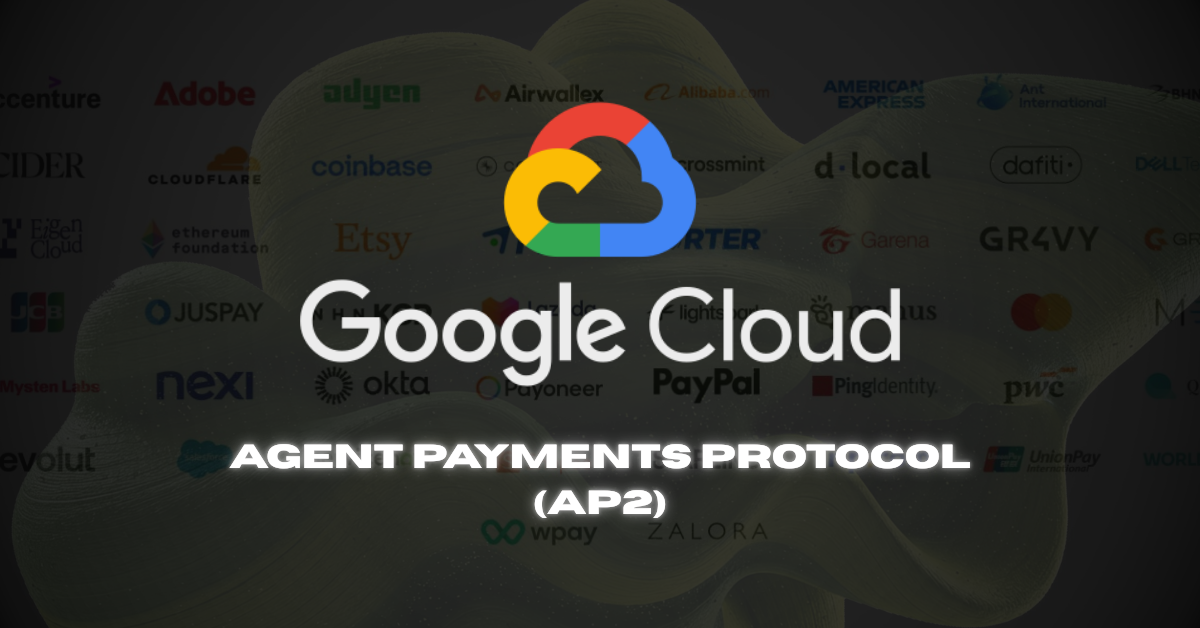Key Takeaways
- Google has launched a new open-source protocol to allow AI agents to handle financial transactions, backed by major crypto firms like Coinbase and the Ethereum Foundation, and traditional payments giants like PayPal and Amex.
- The protocol is designed to create a “common language” for payments between AI agents, supporting both traditional payment methods like credit cards and bank transfers, as well as cryptocurrencies via a crypto-specific extension.
- This collaboration signals a major step towards the AI agent economy, where automated assistants can seamlessly and securely transact on behalf of humans, using both fiat and crypto rails.
In a landmark development for the future of the digital economy, Google has unveiled an open-source protocol for AI agent payments.
This new protocol, backed by a powerful coalition of traditional finance companies and crypto industry leaders, aims to create a universal standard for financial transactions between automated assistants.
Building the Foundation for the AI Economy
An AI agent is an automated assistant that can be authorized to perform complex tasks on behalf of a human or organization, such as booking a flight or managing a budget. The challenge has always been enabling these agents to handle financial transactions securely and reliably.
Google’s new protocol addresses this by creating a framework that is both platform- and currency-agnostic. It supports a wide range of payment methods, from traditional credit and debit cards to real-time bank transfers and stablecoin payments.
The protocol’s most significant innovation is a crypto-specific extension called x402. This extension, developed with contributions from crypto firms like Coinbase and the Ethereum Foundation, will enable AI agents to securely transact using cryptocurrencies.
A Bridge Between Two Worlds
The list of collaborators on this protocol is a clear sign of the convergence between the traditional financial system and the crypto space. The project is backed by a mix of established payments giants like PayPal and American Express and crypto-native companies like Coinbase and MetaMask.
This signals a future where these two systems are not in competition but are integrated into a unified payments layer.
As Coinbase’s head of engineering Erik Reppel stated, bringing the crypto-specific x402 extension into the protocol “made sense” because it provides a “natural playground for agents to start transacting with each other and testing out crypto rails.”
This open-source approach encourages innovation and allows developers to build new applications and services on top of a shared, secure foundation.
Final Thoughts
Google’s new AI agent payments protocol is a major milestone in the development of both the AI and crypto industries. By creating a collaborative, open-source standard for payments, Google is not only accelerating the arrival of the AI agent economy but also officially bringing cryptocurrencies into the mainstream payments conversation.
Frequently Asked Questions
What is an “AI agent”?
An AI agent is an automated, intelligent assistant that can be authorized to perform complex, multi-step tasks on behalf of a user, such as making a purchase or booking a reservation.
Why is the protocol “open-source”?
The protocol is open-source to encourage developers and companies to collaborate on creating a universal payments standard for AI agents, which will drive broader adoption and innovation.
What is the significance of the crypto extension?
The crypto-specific extension, x402, is significant because it allows AI agents to securely transact with stablecoins and other digital assets, signaling that cryptocurrencies are viewed as a viable payment rail for the future of the AI economy.






